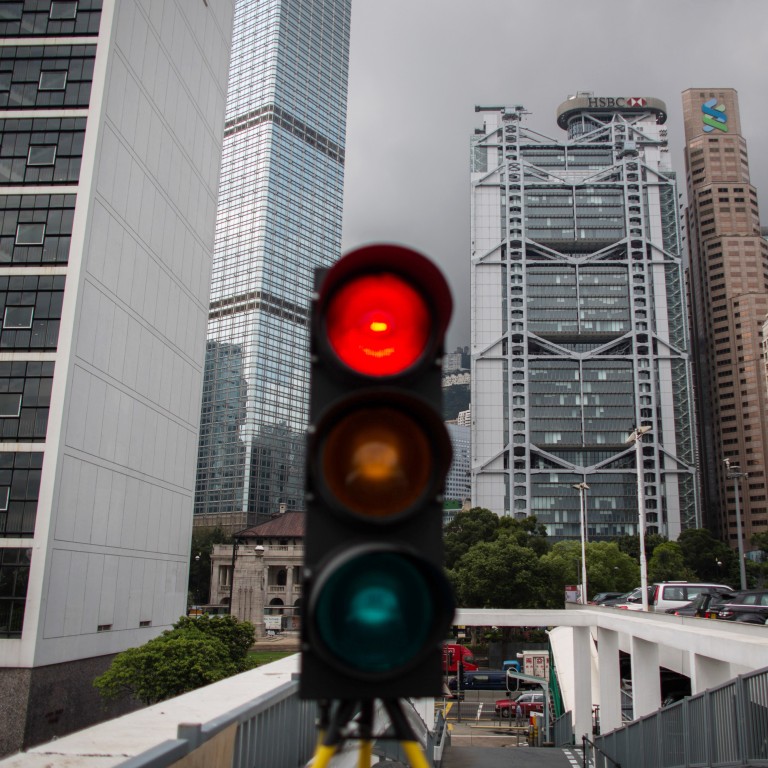
Changes to Hong Kong's electoral system can only be an improvement
Paul Yip says Hongkongers deserve more from lawmakers and officials
Hong Kong is at a crossroads: will the government's proposals for election of the chief executive in 2017 by universal suffrage be accepted or not? Candidates will need to secure more than 50 per cent of votes from the 1,200-member nominating committee to go forward to a general election. However, the representativeness of the committee leaves much room for improvement.
It is truly disappointing that the government and pan-democrat lawmakers have not tried harder to narrow their differences in the past few months. Instead, both sides are currently spending considerable resources and energy trying to secure the support of those who, according to latest polls, remain undecided on whether to support or oppose the package.
Yet, there are no signs that they are genuinely trying to reach a compromise. A recent Cable TV poll suggested that if Beijing agreed to review the election proposal in 2017 and/or remove the functional consistencies from the Legislative Council, some 60 per cent of those who are undecided would support the proposal. Of course, there would still be a hard core opposing any government proposal or its amendment. But if the government were willing to make changes to meet some concerns of the community, would the tide turn? If so, could the pan-democrats really still hold their veto position?
One thing is certain: the community will be more polarised, the administration even less effective and the atmosphere in society will only deteriorate if the proposal is vetoed. One theory is, if that were to happen, it would serve both the pan-democrats and the government well; they could carry on as before and the only losers would be the people.
The proposed new two-step election arrangement has opened up various possibilities. After the first step, any candidate with 10 per cent of the votes from nominating committee members would go through to the second round, where they require a majority to stand for election. Under this plan, there will be campaigns and debates between the first and second stages; people would get to understand the candidates more and there would be polls to monitor popularity. I can't imagine Beijing trying to stop a very popular candidate being put forward for general election.
I recently attended an inauguration ceremony for entrepreneurs organised by the Hong Kong Federation of Youth Groups. There were many encouraging stories of hard work. We can be proud of our young people and should invest more in them. Some succeeded, some did not, but they all tried hard. In sharp contrast, the government has not tried hard enough on political reform and the pan-democrats simply do nothing to achieve a more acceptable proposal.
After also attending a Chinese orchestra concert in the Cultural Centre, I was reminded that Hong Kong has so much talent and is still a beautiful place filled with enthusiasm and hope. At the same time, it is fragile and needs nourishment and development.
We have been drifting for far too long and we should not miss this chance to further enhance our electoral system. We want our government to be more accountable. We want to see our legislators working to improve people's well-being rather than filibustering with no gain at all.
Time is running out; lawmakers and officials are both responsible for coming up with a proposal that addresses community concerns. If neither is doing what they are supposed to, I hope we can exercise our vote and keep them out of office in future.

